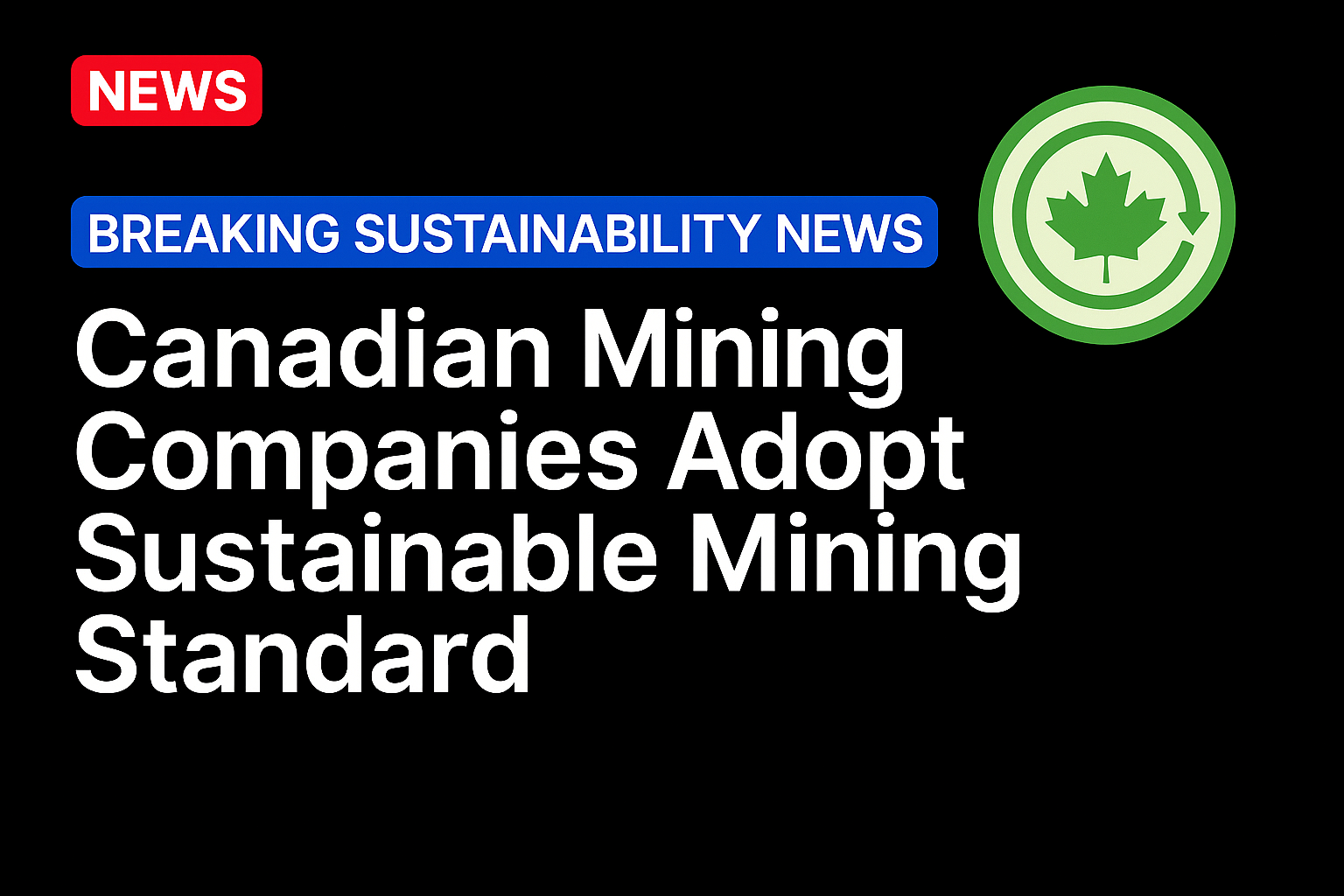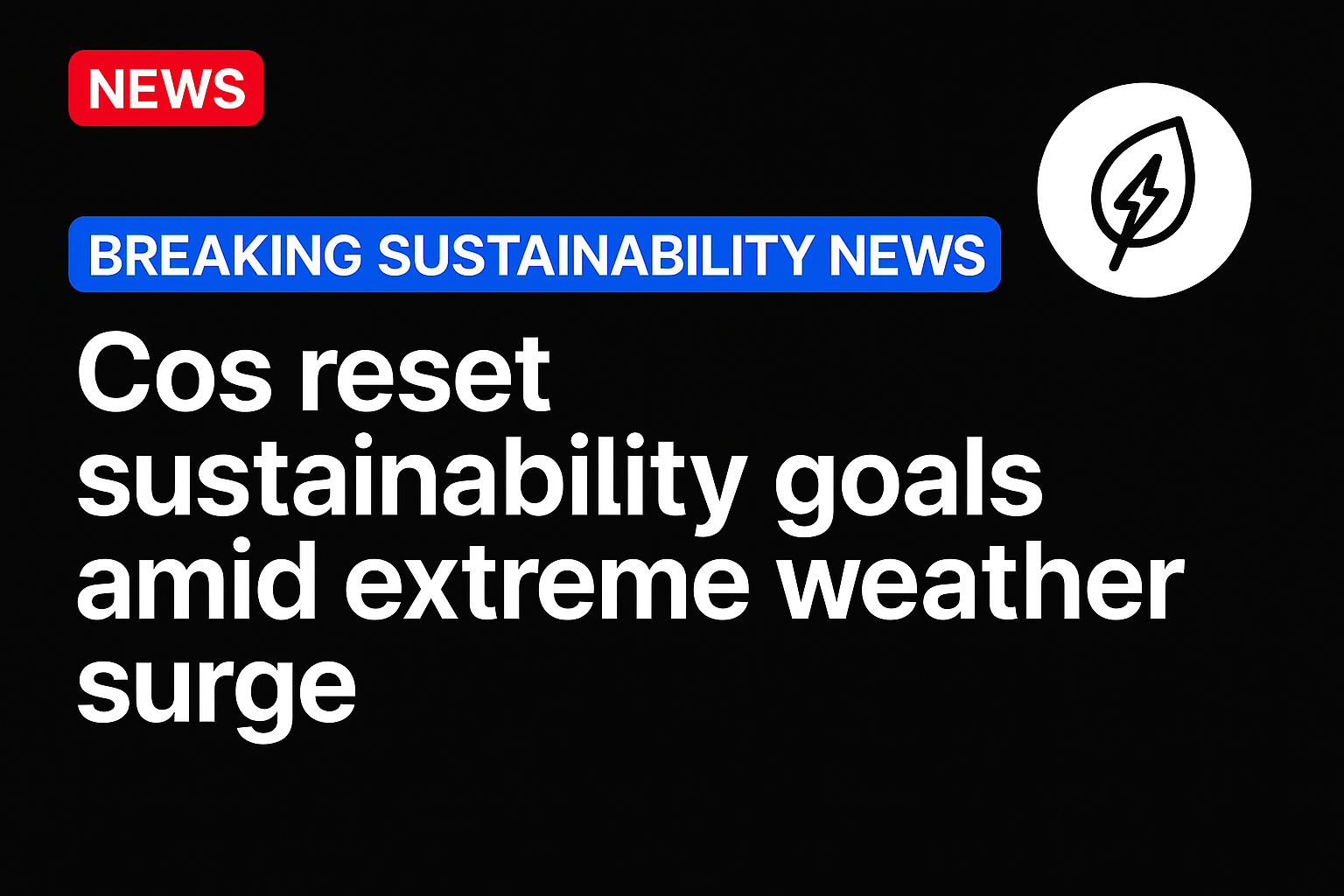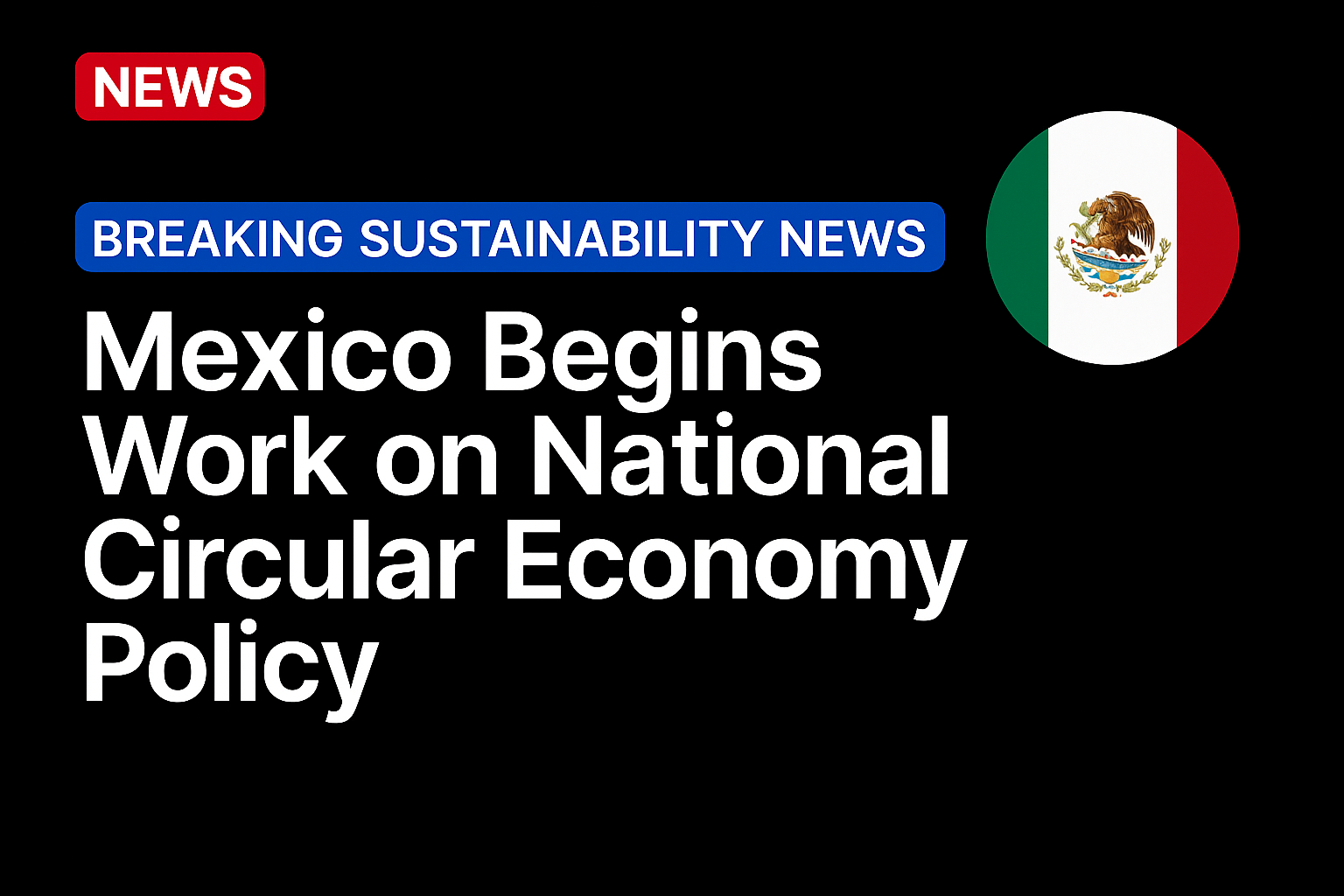Canadian-owned mining companies operating in Mexico have agreed to adopt the Towards Sustainable Mining (TSM) standard, a global framework aimed at improving ESG practices across the mining industry. Members of the Mining Executive Committee of the Canadian Chamber of Commerce in Mexico (CanCham) formally signed an agreement to implement TSM across all stages of the mining process, from exploration to production and closure. The organization stated that participating companies will be obliged to gradually integrate the standard’s protocols.
“This commitment builds on strict compliance with Mexican regulations, further strengthening their social, environmental, and governance responsibility practices under a recognized international framework,” CanCham said in a press release.
Developed in 2004 by the Mining Association of Canada, TSM aims to help mining companies meet society’s needs for minerals, metals, and energy products in the most socially, economically, and environmentally responsible way. The standard’s performance protocols focus on three key areas: Communities and People, Environmental Stewardship, and Energy Efficiency. Each protocol includes a set of indicators that help mining sites develop, measure, and publicly report the quality of their management systems and performance in critical areas of activity.
A key element for ensuring compliance with social responsibility guidelines will be the inclusion of local groups affected by mining projects in Mexico. Last month, the visit of Prime Minister Mark Carney drew criticism from the Mexican Network of People Affected by Mining (REMA), which claims that Mexican authorities often refrain from taking strong action against Canadian companies for fear of costly trade disputes.
REMA noted that, although the visit was presented as an opportunity for new business and investment, for the communities that have dealt with the presence of Canadian mining companies, it did not represent a step toward ending the impunity with which these firms allegedly operate in Mexico.
According to TSM’s guidelines, Advisory Panels composed of 12 to 15 individuals from indigenous groups, communities where the industry operates, as well as environmental and social NGOs, and labor and financial organizations, must be created. These panels are meant to support and advise mining companies, identify emerging issues for the sector, and encourage higher standards of corporate responsibility.
Pierre Gratton, President and CEO, Mining Association of Canada, congratulated Canadian mining companies operating in Mexico for their commitment to implementing TSM. Likewise, Cameron Mackay, Canada’s Ambassador to Mexico, said these actions represent concrete steps to ensure that Canadian investment in Mexico’s mining sector continues to be a positive force for communities, the environment, and the country’s long-term prosperity.
The agreement, signed by the Mining Executive Committee, aligns with the bilateral licensing and cooperation agreement previously established between CAMIMEX and the Mining Association of Canada. It also addresses Point 8, “Joint Action on Responsible Mining,” of the Mexico-Canada Action Plan 2025–2026.
“This agreement responds to the joint call by the presidents of Mexico and Canada for the mining industry to continue implementing community and environmental protection protocols consistent with shared aspirations to build a sustainable development framework,” said Francisco Cervantes, President, Business Coordinating Council (CCE).
Recently, Juan José Sierra, President, Employers Confederation of the Mexican Republic (Coparmex), confirmed that during the Coparmex Canada Business Mission 2025, Canadian business leaders expressed growing interest in investing in Mexico’s mining sector. Between 2006 and 2024, mining was the most attractive sector for Canadian investment, accounting for US$16 billion.
Source: https://mexicobusiness.news/




